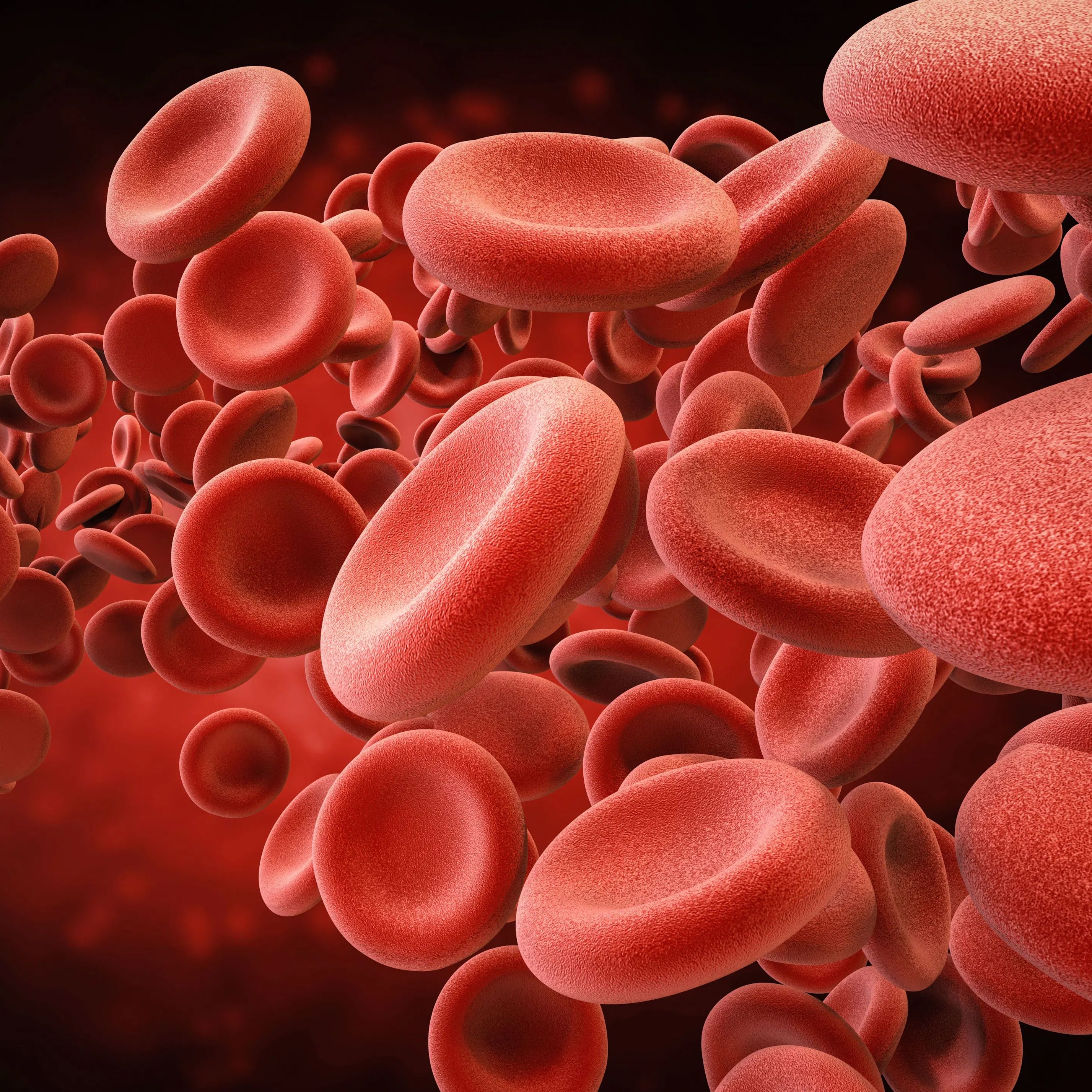Video
Heart Failure & COVID-19: Ensuring Best Practices
Transcript: Deepak L. Bhatt, MD, MPH: Let me turn to the home team and see what you guys think. Brigham and Women’s Hospital is a big place, and it’s hard to keep track of everything that everyone is doing. Akshay, what have you been up to in regard to COVID-19?
Akshay S. Desai, MD, MPH: Well, Deepak, much like everyone else, I think we’re preparing for what we expect will be a real surge in the volume of patients who are affected in Boston in the next few weeks. One of the real challenges has been that so much attention is focused around the COVID-19 pandemic. Just as other centers are doing, we’re really gearing up to receive.
I think there’s also the issue of attending to those patients without COVID-19. How do we make sure that we sustain our systems of care, particularly for acute cardiac emergencies like STEMI [ST-segment elevation myocardial infarction] and other things of that nature. There have been some data, that you’ve been a part of, that sort of highlight the delays in care in that kind of an environment, where patients are frightened or unable to get to the hospitals with the same efficiency as before.
I think the other aspect is really getting patients to realize that they shouldn’t believe everything they hear. Some of the medications that are lifesaving for patients with heart failure—renin-angiotensin system [RAS] antagonists, ACE [angiotensin-converting enzyme] inhibitors, and angiotensin receptor blockers [ARBs]—are really vital so it is important to continue them, even in the face of some early data that this may impact the rate of COVID-19 infection and progression. So I think there are a lot of moving parts here, and I would echo what Javed said: A true revolution has come about in a short period of time. Not just in our practice, but also in our training models. I think there has been a real push for innovation on a lot of fronts.
Deepak L. Bhatt, MD, MPH: Yes, I totally agree. Scott, what are your perspectives on the issue? I know that you’ve written about this whole ACE inhibitor or ARB thing. There was a lot of controversy and a lot of misinformation on social media, I should say, with the statements, even some by physicians, on stopping the ACE and the ARB and so forth. What are your thoughts?
Scott David Solomon, MD: These are really extraordinary times, and I echo what everybody else has said. On the clinical side of things, we’ve essentially been able to do all the cardiac imaging remotely. That’s not just for our safety, but also for the safety of patients. The one thing we can’t do remotely is, of course, echocardiography, which takes somebody at the bedside to put a probe on a chest. But we’ve adapted enormously. And the same thing holds true with virtual visits. I have to say that what Akshay said was incredibly true. Our patients, who we’re going to talk about during the rest of the session today, are clearly among the most vulnerable patients out there, and there is a lot of misinformation.
One of the issues that we’ve dealt with a little bit has been RAS inhibition, ACE inhibitors, ARBs. That issue came about because this virus uses the angiotensin-converting enzyme as its way to get into cells. So there’s been a lot of concern that if patients were on ACE inhibitors or ARBs, they might upregulate those particular proteins. And that might make the virus more likely to infect the patient or increase the severity of illness if a patient gets infected. We looked at the data as much as possible. Unfortunately, there isn’t any good experimental data in human beings yet. The observational data out there are fairly scant, although there are some coming in from Italy and China that suggest that there really isn’t any problem with patients who are on ACE inhibitors or ARBs. In fact, we’re all worried about the opposite—that if patients go off medications that are guideline directed, they’re going to run into problems.
So this is as much an issue that we have to deal with as, of course, the other aspects of the epidemic. We certainly hope we can get through this. Many of us are involved in clinical trials all over the world, and we’ve been trying to ensure that these trials continue because they’re the ways that we’re going to identify new therapies for our patients. Eventually, we’re going to be over this pandemic, but we’re still going to have patients with heart failure.
Deepak L. Bhatt, MD, MPH: Those are all great points. Challenges on the clinical front from COVID-19, but also on the research front. And not just the research in terms of COVID-19, but all the other important research that’s going on, such as in the cardiovascular space. It’s been a real challenge, I must say. Great points and insights from all of you.
Transcript Edited for Clarity





